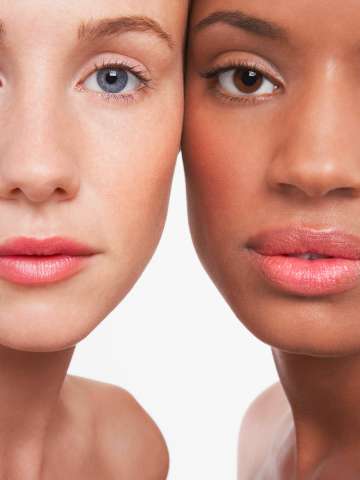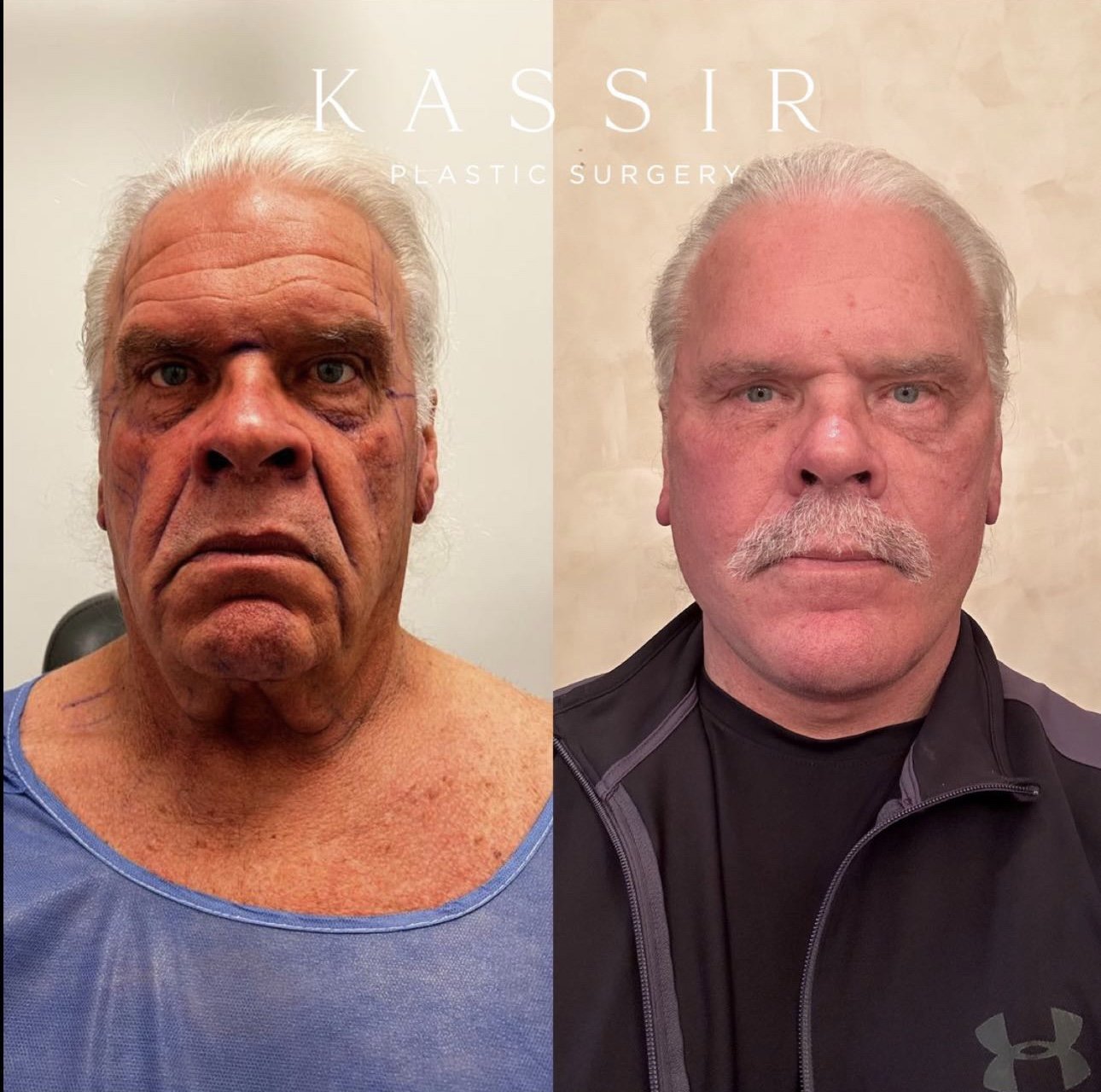Expert Plastic Surgery Rancho Cucamonga: Change Your Appearance with Leading Surgeons
Investigating the Mental and Social Variables That Drive Individuals to Take Into Consideration Aesthetic Surgical Treatment as a way of Enhancement
The decision to seek plastic surgery often extends past simple aesthetic appeals, linking with mental and social characteristics that warrant complete evaluation. Factors such as self-esteem, pervasive social elegance criteria, and the pervasive influence of social media sites merge to shape specific motivations for medical enhancement. As these impacts end up being increasingly popular, understanding the underlying cultural and emotional contexts is important. What continues to be to be explored is the profound impact these variables have not just on individuality however likewise on more comprehensive societal norms and worths surrounding elegance and acceptance.
The Role of Self-Esteem
Self-esteem significantly affects an individual's choice to seek plastic surgery. Individuals with reduced self-esteem often view themselves in an unfavorable light, leading to sensations of inadequacy concerning their physical look. This negative self-perception can drive them to look for medical interventions as an approach of boosting their self-image. The wish for enhancement in one's appearance is frequently linked to an idea that such adjustments will raise their total self-worth and confidence.

Inevitably, the duty of self-confidence in the decision-making procedure pertaining to cosmetic surgery highlights the intricate interaction in between body photo, personal fulfillment, and psychological health. Understanding this relationship is crucial for healthcare specialists to make certain that patients are making educated choices rooted in reasonable expectations and emotional well-being.
Social Appeal Criteria
Influenced by pervasive media representations and cultural narratives, societal elegance requirements play an important role in forming individuals' assumptions of their very own bodies. These standards are often identified by an idealized type of charm that emphasizes qualities such as proportion, youthfulness, and slimness. As these perfects are bolstered with various channels, consisting of tv, film, and advertising and marketing, individuals often internalize these messages, leading to discontentment with their all-natural look.
The effects of these societal norms expand beyond visual choices; they can affect self-confidence, psychological health, and social partnerships. Individuals who regard themselves as dropping brief of these criteria may experience feelings of insufficiency, prompting a wish for cosmetic surgical procedure as a means of accomplishing social approval. This pursuit is commonly sustained by the belief that adjusting to these ideals will enhance not only physical look but also social standing and personal satisfaction.

Impact of Social Media
The impact of societal beauty standards is additional magnified by the rise of social networks platforms, where curated images and idealized representations of elegance are ubiquitous. Users are regularly exposed to filtered and edited pictures, which usually depict unattainable physical qualities. This direct exposure cultivates a culture of contrast, leading individuals to analyze their very own appearance against these usually unrealistic criteria.
Social network influencers and stars often promote cosmetic treatments, normalizing the concept that surgical enhancements are a feasible ways for achieving social ideals (plastic surgery rancho cucamonga). The exposure of these enhancements can produce a perception that undergoing plastic surgery is a common technique, therefore affecting individuals to consider comparable treatments as a path to boosted self-confidence and social approval
Additionally, the interactive nature of social networks permits immediate comments via likes and comments, additionally reinforcing the wish to comply with prominent elegance criteria. Such communications can worsen sensations of inadequacy and drive people towards plastic surgery as a method of acquiring recognition. Inevitably, social networks plays a critical duty fit understandings of charm, which significantly affects the decision-making procedures bordering cosmetic surgical treatment.

Social Viewpoints on Appearance
Across different societies, understandings of look are deeply rooted in historical, social, and financial contexts, forming people' views on charm and worth. In lots of societies, appearance functions as a significant marker of identity, influencing social standing, specialist opportunities, and individual relationships. As an example, in some societies, light skin is typically connected with wealth and privilege, while others may idealize darker complexion as icons of stamina and authenticity.
In addition, conventional beauty criteria are usually perpetuated via cultural stories, media representations, and family affects, bring about differing perfects throughout different regions (plastic surgery rancho cucamonga). In Western cultures, the emphasis on youth and physical fitness usually drives people toward cosmetic improvement, while in certain Eastern societies, more refined adjustments lined up with standard appearances may be liked
Globalization and the expansion of electronic media have actually better made complex these dynamics, developing a hybridization of appeal ideals that transcends geographical boundaries. As individuals progressively navigate these cultural stories, the stress to satisfy specific appearance requirements can result in the desire for cosmetic surgery, mirroring an intricate interplay of individual goals and cultural worths. Comprehending these cultural point of views is crucial in dealing with the motivations behind cosmetic surgical procedure factors to consider.
Psychological Effects of Plastic Surgery
Many individuals seeking cosmetic surgical treatment report experiencing extensive psychological effects that can dramatically alter their self-perception and emotional health - plastic surgery rancho cucamonga. The wish for physical enhancement frequently originates from underlying problems such as reduced self-confidence, body dysmorphic disorder, this contact form or social stress relating to charm requirements. For some, the prompt post-operative stage can bring about a short-lived increase in confidence and contentment with their appearance, promoting a feeling of empowerment
However, these positive feelings might not be withstanding. Study indicates that while some clients experience improved self-esteem, others might encounter elevated stress and anxiety or clinical depression if their expectations are not fulfilled. This discrepancy can emerge from impractical ideals bolstered by media depiction and social stories surrounding charm.
Additionally, the emotional ramifications of plastic surgery extend beyond the individual. Relationships with family members and buddies might be stressed as social characteristics shift, leading to feelings of seclusion or alienation. Ultimately, the emotional impacts of plastic surgery are complex and multifaceted, calling for careful consideration by both possible individuals and medical care carriers to make sure informed decision-making and sensible assumptions.
Conclusion
Finally, the decision to pursue cosmetic surgical treatment is substantially influenced by a combination of self-esteem issues, social appeal criteria, and cultural viewpoints on look. The pervasive reach of social media sites further worsens these stress, advertising impractical ideals that individuals commonly aim to attain. Recognizing these emotional and social aspects is crucial for attending to the inspirations behind plastic surgery, highlighting the requirement for an extra nuanced discussion bordering beauty webpage and self-acceptance in useful site modern society.
The choice to go after cosmetic surgery commonly expands past mere looks, intertwining with social and mental dynamics that warrant thorough evaluation. Ultimately, social media plays a critical role in forming perceptions of charm, which considerably affects the decision-making processes surrounding cosmetic surgery.
As individuals increasingly navigate these cultural narratives, the pressure to adapt to details appearance criteria can lead to the desire for cosmetic surgical treatment, reflecting a complicated interplay of cultural values and individual aspirations.In conclusion, the choice to pursue cosmetic surgery is dramatically influenced by a combination of self-esteem problems, social beauty criteria, and cultural viewpoints on look. Understanding these social and emotional aspects is vital for resolving the inspirations behind cosmetic surgery, highlighting the requirement for an extra nuanced conversation bordering elegance and self-acceptance in contemporary culture.